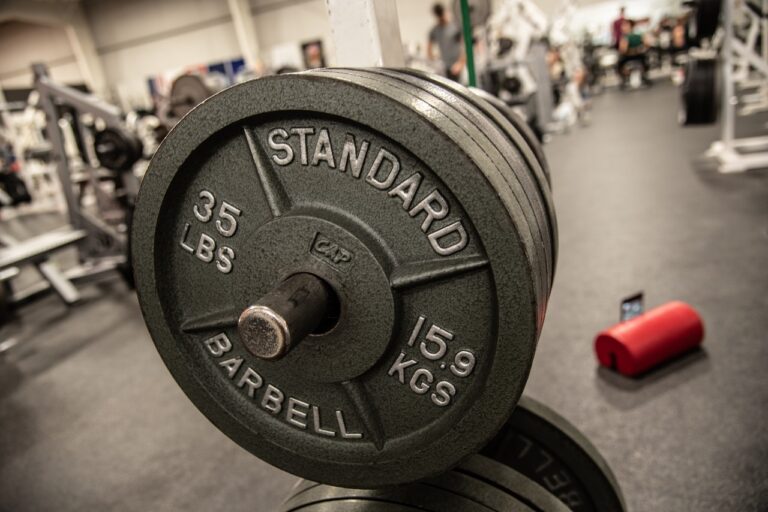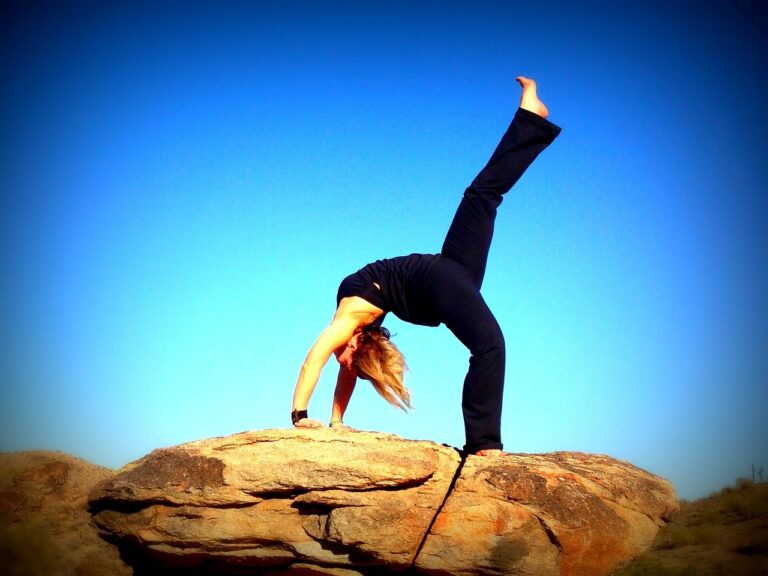Advancements in Equine Therapy for Emotional Healing
Equine therapy, a form of intervention that involves interactions between individuals and horses, has gained recognition for its potential impact on emotional healing. Research in this field has shown promising results in improving mental well-being and overall emotional health. By engaging in activities like grooming, riding, or communicating with horses, individuals can experience a sense of calm and connection that contributes to their emotional healing process.
Studies have indicated that the presence of horses in therapeutic sessions can create a unique environment that facilitates emotional expression and healing. The non-judgmental and intuitive nature of horses allows individuals to establish trust and form deep emotional connections, leading to positive outcomes in managing emotions and overcoming trauma. As research continues to explore the effectiveness of equine therapy, it highlights the valuable role that horses play in promoting emotional healing and well-being.
The Role of Horses in Healing Emotional Trauma
Horses have a unique ability to sense and respond to human emotions, making them powerful companions in the healing process of individuals who have experienced emotional trauma. Through their gentle presence and intuitive nature, horses can establish a deep connection with those seeking emotional healing. This connection often enables individuals to express and process their emotions in a non-judgmental and peaceful environment.
Interacting with horses can help individuals develop essential skills such as building trust, setting boundaries, and understanding nonverbal communication. These experiences can be transformative for individuals recovering from emotional trauma, as they learn to navigate their emotions in a safe and supportive setting. Equine therapy offers a holistic approach to healing that complements traditional counseling practices by incorporating the healing power of horses into therapeutic interventions.
Incorporating Equine Therapy into Traditional Counseling Practices
Equine therapy has gained recognition as a valuable adjunct to traditional counseling practices. The presence of horses in the therapeutic setting can enhance the overall experience for clients and promote emotional healing. Horses have a unique ability to mirror human emotions and provide immediate feedback, facilitating deeper insights and personal growth for individuals undergoing counseling.
Integrating equine therapy into traditional counseling practices requires a collaborative approach between mental health professionals and equine specialists. By working together, counselors and equine therapists can tailor treatment plans to meet the specific needs of each client. This collaboration allows for a holistic approach to healing that addresses the emotional, psychological, and physical well-being of individuals seeking therapy.
• Equine therapy offers a non-traditional approach to counseling that can be particularly effective for individuals who may struggle with verbal communication
• The presence of horses in therapy sessions can help clients develop trust, improve self-esteem, and learn healthy boundaries
• Equine therapy can also be beneficial for individuals dealing with trauma, anxiety, depression, and other mental health challenges
• Incorporating equine therapy into traditional counseling practices requires specialized training and certification for both mental health professionals and equine specialists.
What is equine therapy?
Equine therapy is a form of therapy that involves interactions between patients and horses. It has been shown to be effective in promoting emotional healing and personal growth.
How can horses help in healing emotional trauma?
Horses are known for their ability to mirror human emotions and provide nonjudgmental support. This can help individuals process their emotions and develop coping skills in a safe and supportive environment.
Is equine therapy supported by research?
Yes, there is a growing body of research that supports the effectiveness of equine therapy for a variety of emotional and psychological issues. Studies have shown positive outcomes in areas such as reducing anxiety, improving self-esteem, and enhancing communication skills.
How can traditional counseling practices incorporate equine therapy?
Traditional counseling practices can incorporate equine therapy by integrating sessions with horses into the therapeutic process. This can involve activities such as grooming, leading, and riding horses, which can enhance the therapeutic experience and promote emotional healing.
Who can benefit from incorporating equine therapy into traditional counseling practices?
Individuals of all ages can benefit from incorporating equine therapy into traditional counseling practices. It is particularly effective for those who have experienced trauma, struggle with emotional regulation, or have difficulty connecting with traditional talk therapy approaches.







